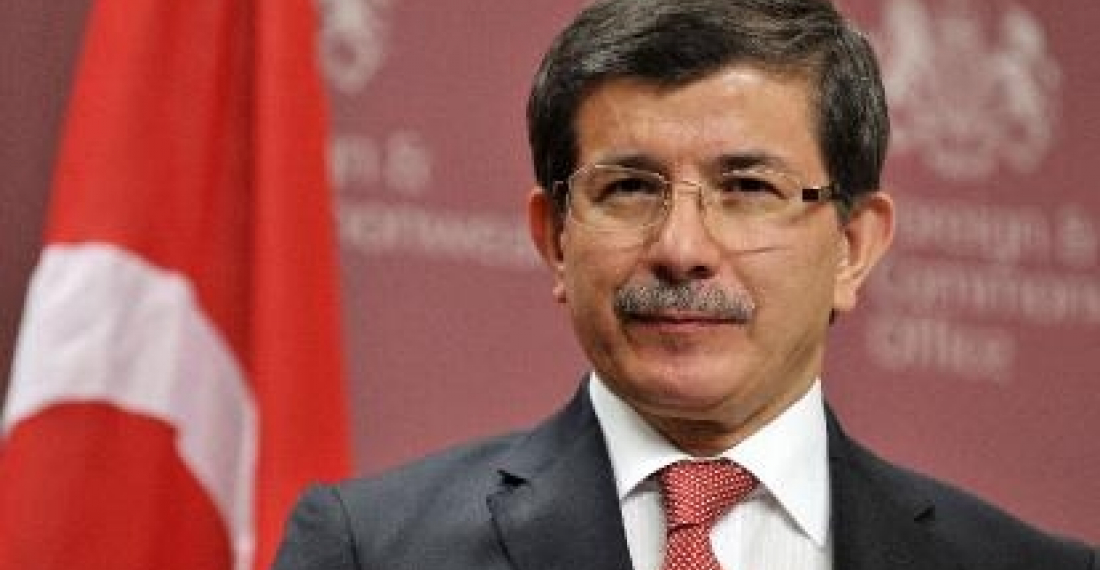Davitoglu calls for a more multilateral political world order
The world political order must be more multilateral and participatory, and must represent all humanity,
Turkish Foreign Minister Ahmet Davutoğlu said Sunday according to Hurriyet Daily news
"We don't want to have political hierarchy in the world, where certain countries, certain nations, have more to say on the future of political order in the coming decades and centuries," Davutoğlu said. "We want to have more participation, more multilateralism, more representation [at a global political level]."
The foreign minister made his remarks in a speech at the opening ceremony of the Intellectuals Forum, part of the 4th United Nations Conference on Least Developed Countries, or LDC-IV. The event is being held between May 9 and 13 in Istanbul.
There is too much discriminatory terminology in the global political and economic arena, according to Davutoğlu, who said this reflected differentiation made among the world's countries.
The Turkish Foreign Minister has in recent months been calling for a more assertive Turkish Foreign Policy, particularly in dealing with issues close to home.
(compiled by commonspace.eu with input from Hurriyet Daily news)







